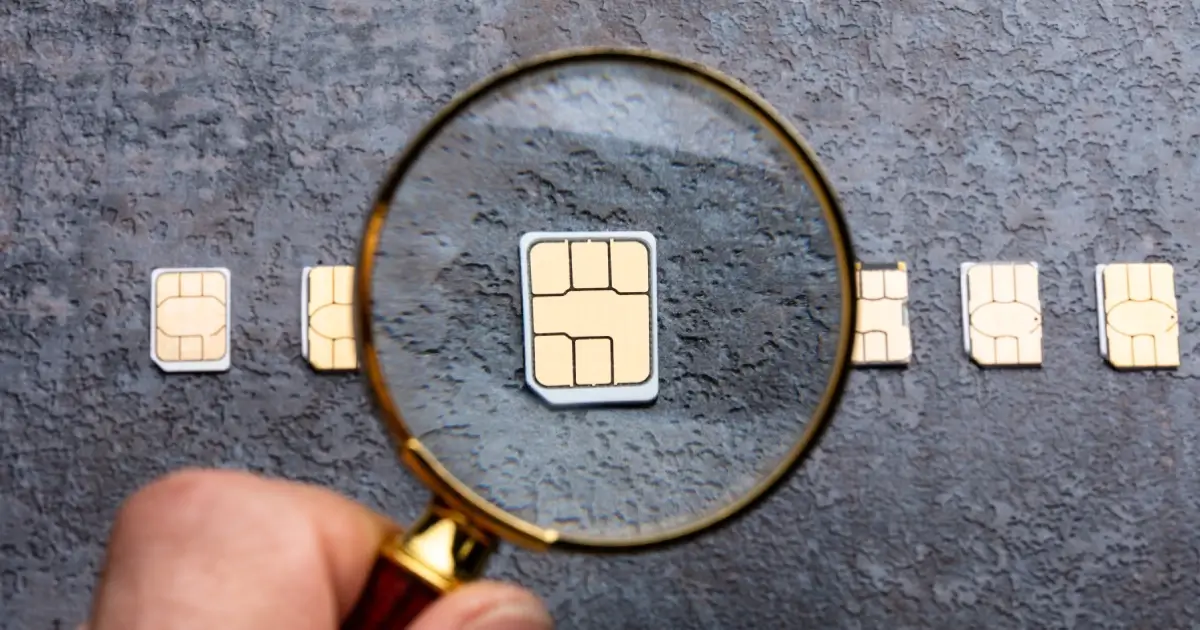Technology has greatly impacted various industries, including the healthcare industry. One of the most significant changes is the integration of technology in clinical trials.
The use of integrated device technology in clinical trials can improve efficiency and productivity, as well as increase patient engagement. This blog post will discuss the emergence of integrated technology in clinical trials, what it looks like, and its benefits.
What are the Emerging Technologies in Clinical Trials?
With the rise of digital technologies, researchers have come up with innovative uses for clinical trials. The emergence of digital technology in clinical trials is making it easy for the recruitment of patients, improving data collection and analysis, and allowing patients to track their health and progress in real time.
The technologies include electronic health records (EHR), electronic patient-reported outcome (ePRO), telemedicine, electronic consent (E-consent), electronic data capture (EDC) systems, artificial intelligence (AI), and wearable devices.
We’ll discuss how a few of these technologies show up in healthcare below.
Wearable Devices
We can’t speak to technology integrated into clinical trials without mentioning wearable devices.
Wearable devices may collect patient-generated data such as activity levels, sleep patterns, and heart rate. Integrating technology like wearables poses the opportunity to increase patient participation and engagement in clinical trials as it provides a more individualized approach.
For example, the NUU Tab was made specifically for the healthcare space, a tablet that communicates with wearables such as a glucose monitor. This can save patients time and reduce the burden of frequent clinic visits for blood glucose measurements. If a patient needs an injection, this device can communicate with the wearable to determine patient vitals and quickly communicate if the injection is necessary, and if so, how much.
NUU hardware can also be used in a clinical trial to collect data from patients. With video chat capabilities and cellular network accessibility, these devices can be used to collect relevant patient information in a high media format.
Telemedicine
Telemedicine has also been integrated into clinical trials, particularly those that involve patients in remote or rural areas. Telemedicine allows for virtual consultation and enables clinical trial participants to discuss their health with their healthcare providers online.
Telemedicine helps physicians monitor patient progress and recommends appropriate interventions, keeping patients involved in clinical trials. Telemedicine may also be beneficial for researchers to track patient progress and real-time data collection, which may lead to new observations and outcomes.
Technology integration can make clinical trials more convenient, increasing their draw.
Artificial Intelligence
Artificial intelligence (AI) is one of the latest technologies integrated into clinical trials. AI has the potential to enhance data quality and accuracy, reduce errors, identify new outcomes, and improve cost-effectiveness.
For instance, AI can create predictive models that identify which patients may benefit from a clinical trial. AI may also monitor patient progress, improving the safety and efficacy of interventions and reducing the number of adverse events.
The use of AI technology may transform the clinical trial process, promoting personalized medicine, and improving patient outcomes.
How does Technology Improve Clinical Outcomes?
By using innovative technologies, healthcare professionals collect data and monitor patients in real time. This means that any adverse events are detected early, and healthcare professionals can make necessary adjustments immediately.
Integrated technology (like wearable devices) also provides accurate data, allowing healthcare professionals to track and adjust patient treatment plans accordingly. This reduces the rate of failed clinical trials, prevents adverse events, and improves clinical outcomes.
How can Emerging Technologies Help Patients in the Clinical Trials Process?
One of the significant advantages of emerging technologies is that it allows patients to participate in clinical trials from the comfort of their homes.
Using telemedicine, patients can consult with healthcare professionals, receive medication, and monitor their vital signs without visiting the hospital.
It also enables remote data collection through ePROs and wearable devices, which increase the accuracy of data. This technology ensures patient-centric clinical trials, reduces the burden of participating, and helps to reduce the number of in-person visits required.
Integrated Technology in Healthcare Poses Many Benefits
Integrated technology in clinical trials offers a fast, reliable, and efficient approach to conducting research while reducing the burden on patients. Wearable devices, telemedicine, and AI are some of the innovative technologies that are improving the clinical trials process. As technology continues to progress, the possibilities for improving clinical trials and patient care are endless.
For more information, contact us today.



